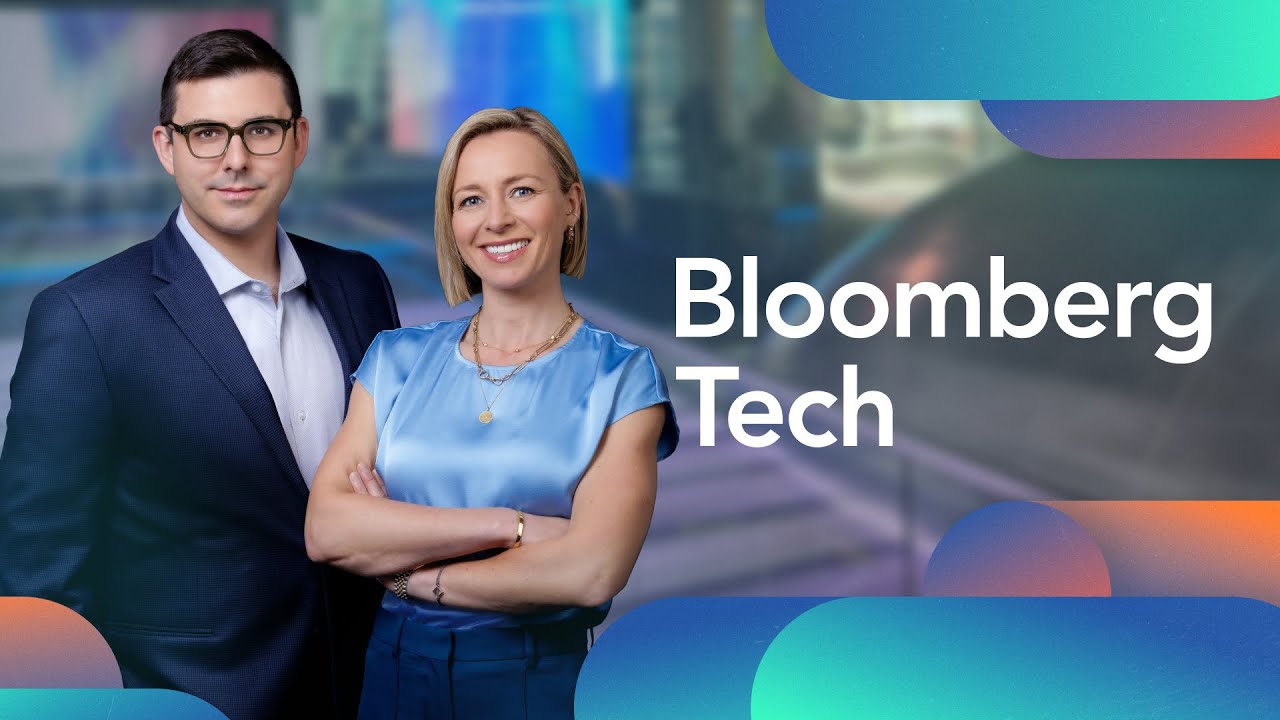OpenAI and Oracle have announced a landmark $30 billion annual deal to expand the Stargate project with 4.5 gigawatts of new computing capacity across multiple U.S. states, significantly boosting AI infrastructure and benefiting chipmakers like NVIDIA and AMD. The segment also covered the broader tech landscape, including energy demands, U.S.-China trade developments, legislative debates on tax and spending, and trends in the tech job market and venture capital amid ongoing geopolitical and economic challenges.
The Bloomberg Tech segment opened with news of OpenAI expanding its Stargate project through a significant deal with Oracle, involving 4.5 gigawatts of new computing capacity across multiple U.S. states including Wisconsin, Pennsylvania, and Texas. This deal, potentially the largest cloud contract ever, is valued at around $30 billion annually starting in fiscal 2028 and represents a massive investment in AI infrastructure, including chips and power. Oracle’s cloud business is rapidly growing, with this deal tripling its current cloud revenue, signaling a major shift in its position within the AI and cloud computing landscape. The expansion is also expected to benefit chipmakers like NVIDIA and AMD, as the demand for advanced semiconductor technology surges.
The discussion then shifted to the broader implications of this infrastructure buildout, particularly the energy demands associated with such large-scale data centers. Experts highlighted the importance of affordable and efficient energy sources, noting that the U.S.'s relative energy self-sufficiency and lower costs compared to regions like Europe position it well to lead the AI race. The segment also touched on the strong June jobs report, which showed robust employment gains but with some nuances such as a significant portion of job growth coming from government sectors and a slight decline in private tech jobs, including in semiconductor manufacturing.
In Washington, the U.S. House of Representatives was engaged in a late-night session debating President Trump’s tax and spending bill, aiming for a vote before the July 4 deadline. The bill, seen as a signature legislative achievement for the Trump administration, faced opposition but was expected to pass with some concessions made to conservative Republicans, particularly regarding the phaseout of clean energy tax credits. The administration hopes the bill will stabilize the debt-to-GDP ratio and support economic growth, despite concerns about increasing the national debt.
On the international front, the U.S. and China began implementing recent trade agreements that included easing export license controls on chip design software sales to China. This rollback allows companies like Siemens to resume business with Chinese customers, reflecting ongoing trade negotiations and a tentative easing of tensions. However, there are concerns about the potential for Chinese companies like Huawei to leverage this access to advance their semiconductor capabilities, which remains a critical aspect of the technology competition between the two countries.
The program concluded with insights into the technology job market and venture capital trends. Despite strong headline job numbers, private sector tech employment remains flat amid market uncertainties. Executive search specialists noted a tight labor market at the high end, with significant competition and premium pay packages, especially in AI roles. Venture capitalists emphasized the growing scale of seed-stage investments and the importance of founders focusing on specific customer segments to succeed. Additionally, social media platforms like Meta’s Threads are still searching for their identity and user engagement, while immigration lawyers warn influencers to be cautious about their online speech due to potential legal repercussions. Overall, the segment painted a picture of a dynamic but complex tech ecosystem shaped by massive infrastructure investments, geopolitical factors, and evolving labor and capital markets.
